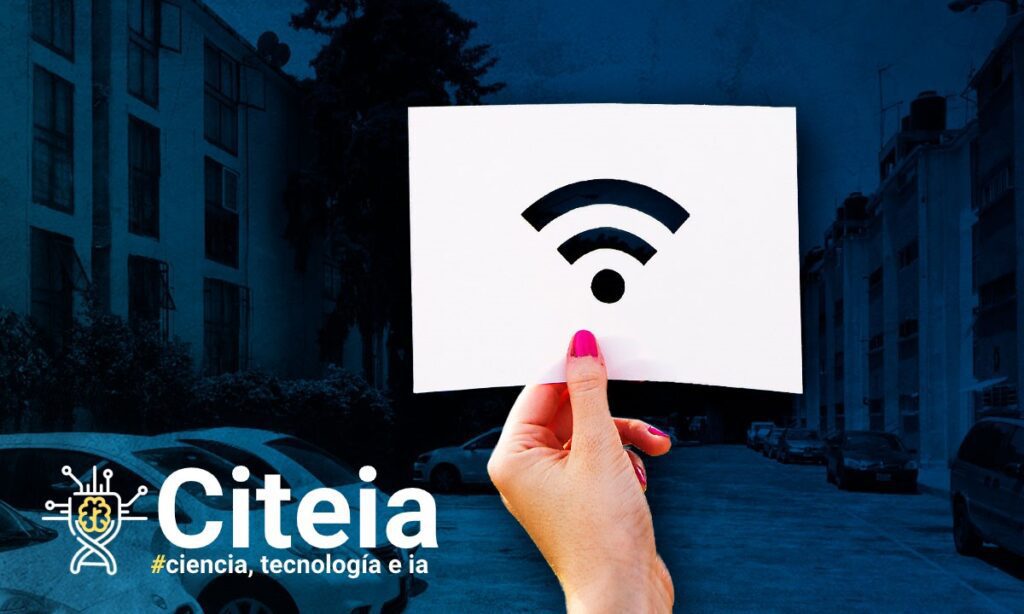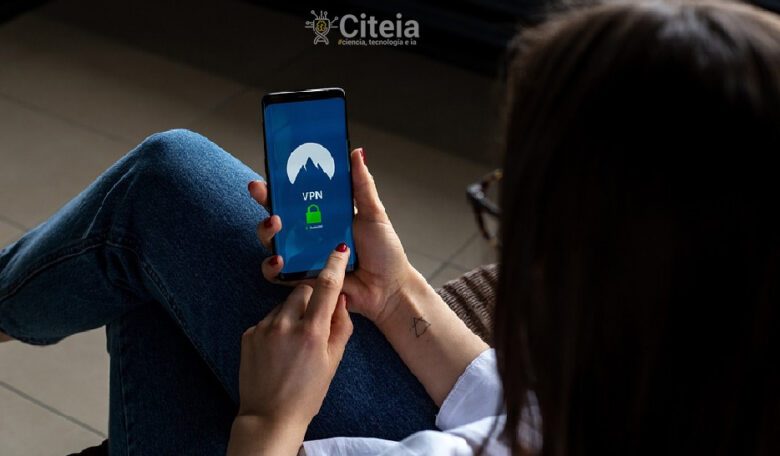Public Wi-Fi | Learn how to take care of yourself with these simple steps
The keys to staying safe on a public Wi-Fi network
Accessing the Internet is usually not a problem when you're within the confines of your own home: it's safe, easy to connect to, and relatively uncrowded, unless the whole family is watching Netflix on five separate devices. However, when you do venture out, it's a different story. You can access public Wi-Fi in more places than ever before, allowing you to stay in touch or catch up on work from anywhere. But connecting to the Internet isn't as simple or as secure as it is on your home network.
A public Wi-Fi network is inherently less secure than your personal private network because you don't know who set it up or who else is connecting to it. Ideally, you would never have to use it; it's better to use your smartphone as a hotspot instead. But for the times when that's not practical or even possible, you can still limit the potential damage of public Wi-Fi with a few simple steps.
Know who to trust
This is related to the previous point, but whenever possible. Stick to known networks, like Starbucks. These Wi-Fi networks are likely to be less suspect because the people and companies that operate them are already making money from you.
No public Wi-Fi network is absolutely secure, that depends as much on who is with you as it is on who provides it. But in terms of relative security, the known numbers generally trump that random public Wi-Fi network that shows up on your phone in a mall, or on a third-party operated network you've never heard of.
These may be legitimate, but if any passerby can connect for free, what's the benefit to the people running the network? How are they making money? There is no hard or fast rule to apply, but using a little common sense doesn't hurt.
If you can, stick to as few public Wi-Fi networks as possible. In a new city, connect to Wi-Fi at a store or cafe you've used before, for example. The more networks you sign up to, the more likely it is that you'll stumble upon one that isn't treating your data and browsing as carefully as it should.
Use a VPN
By far the most effective trick to stay safe on public Wi-Fi is to install a VPN or virtual private network client on your devices. To briefly explain to those who want to know what is vpn– A VPN encrypts the data traveling to and from your laptop or phone, and connects it to a secure server, which basically makes it harder for other people on the network, or whoever is operating it, to see what you are making or taking your data.
A service is definitely worth paying for, as free VPN solutions are more likely to be funded by some shady marketing or data collection practices that are best avoided.
Stick with HTTPS
For the past couple of weeks, Google Chrome has been letting you know when the site you're visiting is using an unencrypted HTTP connection instead of encryption. HTTPS encrypted by labeling the previous one as “Not secure”. Heed that warning, especially on public Wi-Fi. When you browse over HTTPS, people on the same Wi-Fi network as you can't snoop on the data that travels between you and the server of the website you're connecting to. In HTTP? It's relatively easy for them to see what you're doing.
Don't give away too much information on a public wi-fi
Be very careful when signing up for public Wi-Fi access if you are asked for a large amount of personal information, such as your email address or phone number. If you absolutely have to connect to networks like this, stick to places you trust and consider using an alternate email address other than your primary one.
Stores and restaurants that do this want to be able to recognize you across multiple Wi-Fi hotspots and tailor their marketing accordingly, so it's up to you to decide if free Internet access is worth the compensation.
Again, sign in to as few different public Wi-Fi platforms as possible. Does your phone or cable company offer free Wi-Fi hotspots in your current location, for example? If you can connect through a service you're already signed up for, then that's usually preferable to giving your details to another group of companies.

